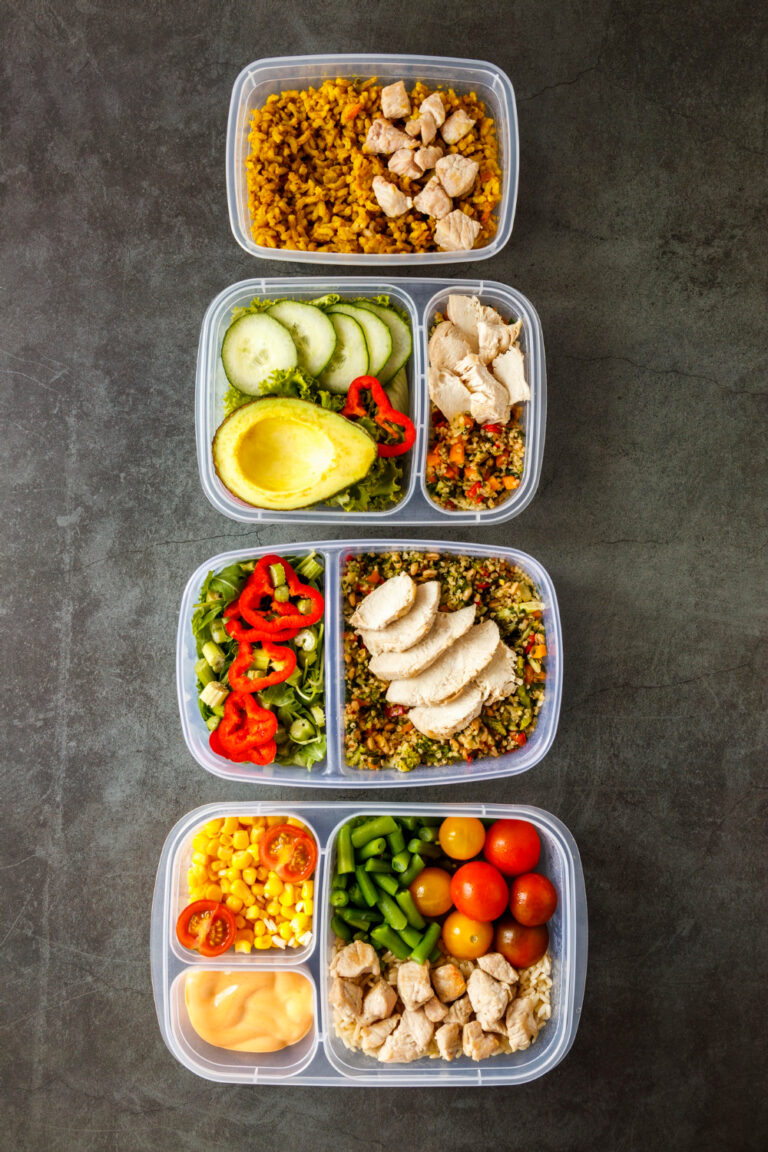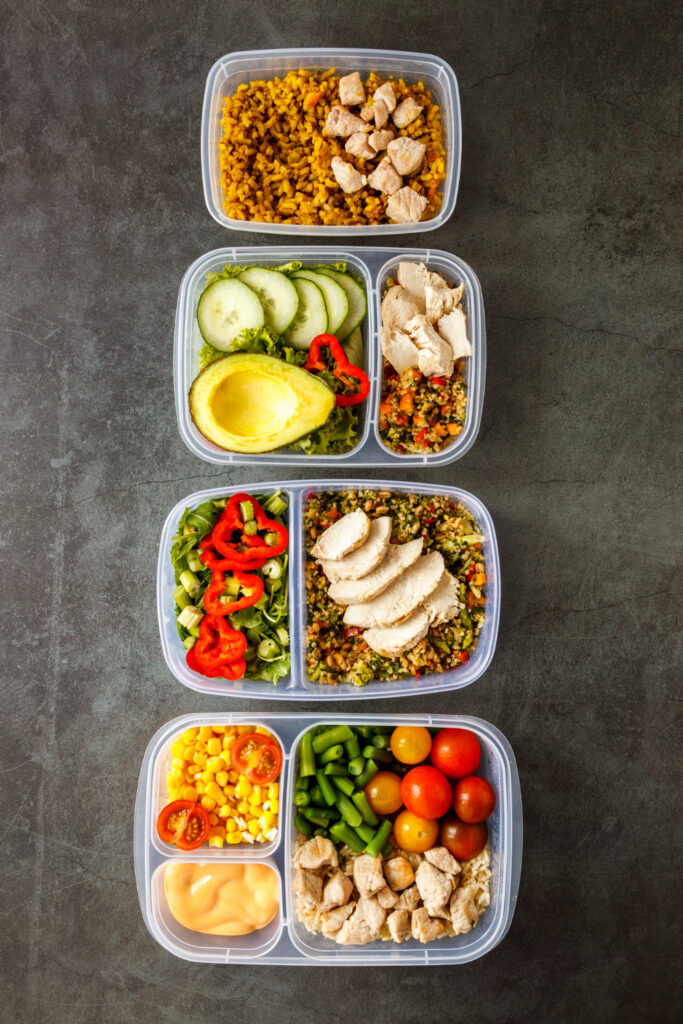
Speed and strength don’t just happen in the gym or on the track—they’re built at the dinner table. For elite sprinters and powerlifters, the ability to generate explosive power starts with precision fueling. Their diets are fine-tuned to support fast-twitch muscle performance, rapid recovery, and peak output in short, high-intensity bursts. Whether it’s a 100-meter dash or a record-breaking lift, every gram of fuel matters.
The foundation of explosive power nutrition is a strategic balance of macronutrients, tailored to maximize force production and minimize fatigue. Protein is the cornerstone, supporting muscle repair and growth after demanding training sessions. Most sprinters and powerlifters consume between 1.6 and 2.2 grams of protein per kilogram of body weight daily, spaced across multiple meals to stimulate muscle protein synthesis. Sources include lean meats, eggs, dairy, whey protein, and increasingly, plant-based proteins like pea and rice blends.
But protein alone won’t get you off the blocks or under the bar. Carbohydrates play a critical role in explosive energy. While endurance athletes focus on long-term glycogen storage, sprinters and lifters need rapid-access fuel. Fast-digesting carbs—like white rice, oats, fruit, or sports drinks—are commonly eaten before and after workouts to replenish glycogen stores and support maximum effort. Carbs also spike insulin, which aids in nutrient delivery to muscle cells during the post-training window.
Fats, while less emphasized around training times, are essential for hormonal balance and long-term recovery. Healthy fats from sources like avocado, nuts, seeds, olive oil, and fatty fish support testosterone levels, which are important for muscle maintenance and strength development, especially in power-based sports.
Meal timing is another key piece of the puzzle. Power athletes often eat a high-carb, moderate-protein meal 60–90 minutes before training to ensure they’re fully fueled without feeling sluggish. Post-workout nutrition typically includes a 3:1 or 4:1 carb-to-protein ratio to kickstart muscle repair and restore glycogen. Some also use intra-workout drinks—usually a mix of simple carbs and electrolytes—to sustain energy during long training blocks or multiple explosive efforts.
Hydration is also dialed in. Even slight dehydration can reduce neuromuscular efficiency, impacting speed and power. Athletes track water intake closely, often supplementing with electrolytes or creatine monohydrate—a proven booster of explosive performance and muscle energy via ATP production.
Micronutrients matter, too. Magnesium, vitamin D, and B vitamins all support muscle function, nerve conduction, and energy metabolism. Deficiencies in any of these can hinder explosive output, so athletes often monitor levels through regular testing or targeted supplementation.
A growing number of sprinters and lifters are also incorporating functional foods and ergogenic aids into their diets. Nitrate-rich beetroot juice, for example, has been shown to enhance power output and blood flow. Collagen supplements may support joint integrity during heavy training cycles. And some swear by caffeine’s pre-workout benefits, using it to sharpen focus and boost short-term power.
But perhaps the most important aspect of explosive power nutrition is individualization. No two athletes metabolize food the same way, so diet plans are often customized based on training load, recovery markers, and performance feedback. Some use glucose monitors, others track macronutrients with apps, and many work directly with sports nutritionists to refine every detail.
For sprinters and powerlifters, every bite is a building block—not just for muscle, but for the milliseconds or kilograms that define success. The goal is simple: fuel the body to move fast, lift heavy, and recover hard. And with the right nutrition plan, explosive performance starts long before the whistle blows.

Lorem ipsum dolor sit amet, consectetur adipiscing elit. Ut elit tellus, luctus nec ullamcorper mattis, pulvinar dapibus leo.
Lorem ipsum dolor sit amet, consectetur adipiscing elit. Ut elit tellus, luctus nec ullamcorper mattis, pulvinar dapibus leo.